FCC Vote Could Kill DJI’s Shell Company Strategy Before December Ban Deadline
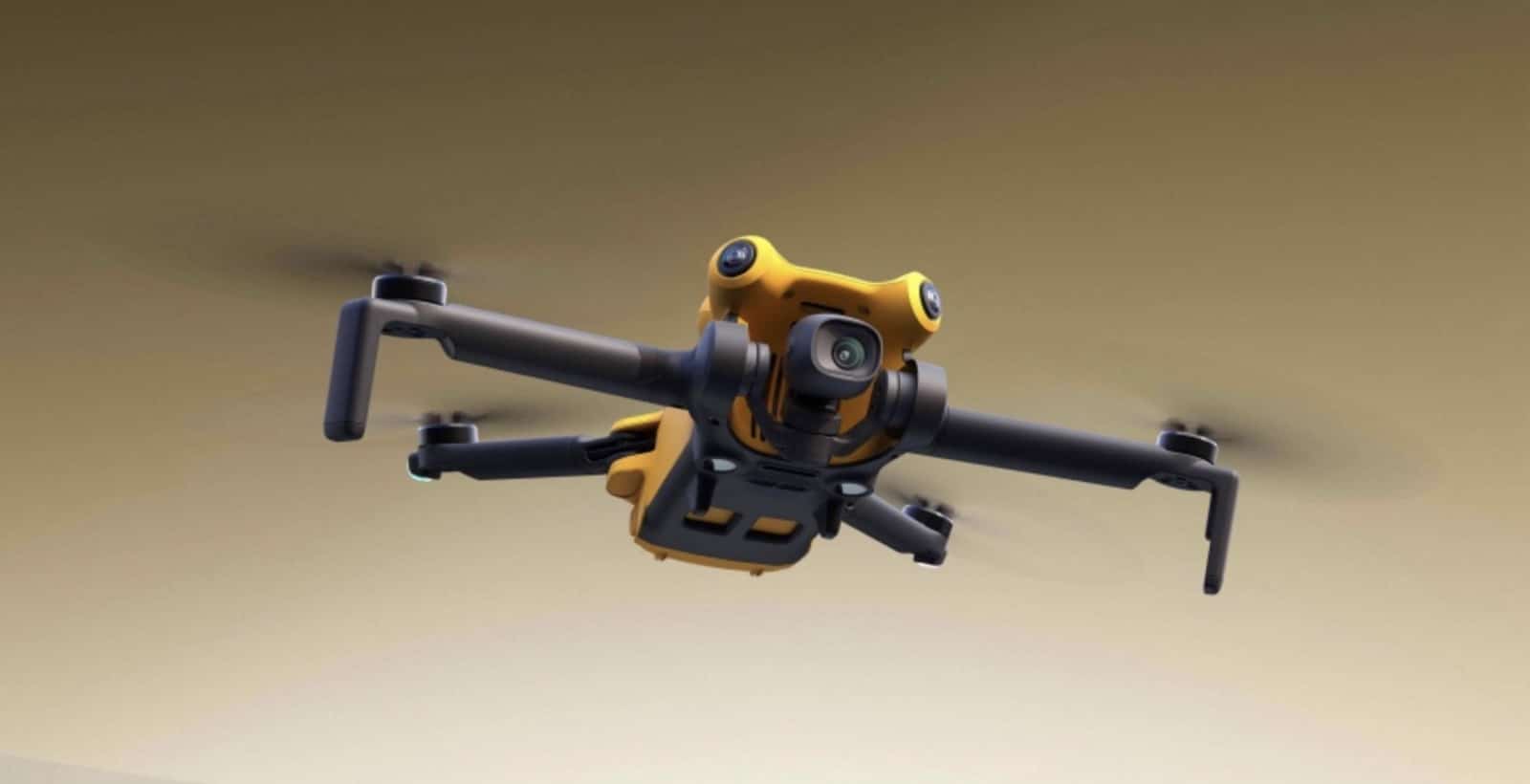
Check out the Best Deals on Amazon for DJI Drones today!
FCC Chairman Brendan Carr announced this week that the agency will vote October 28 on regulations closing two critical loopholes that currently allow Covered List companies to continue operating in the U.S. market. The timing couldn’t be worse for DJI’s rapidly expanding network of shell companies.
These aren’t theoretical changes. The proposed rules would prohibit authorization of devices containing Covered List component parts and allow the FCC to revoke previously authorized equipment in specific cases—targeting exactly the workaround strategy DJI has been building since March 2024.
New FCC Rules Target Component Parts and Retroactive Authorizations
The FCC’s Covered List already includes Huawei, ZTE, Hikvision, China Mobile, and China Telecom. Current regulations prevent these companies from receiving new equipment authorizations, but two loopholes remain open.
First, existing rules don’t prevent Covered List component parts from being used inside otherwise authorized devices. Second, previously authorized equipment can continue being imported and sold indefinitely, even after a company joins the Covered List.
The proposed order would close both gaps. Carr stated the agency would “prohibit authorization of devices containing component parts that are on the Covered List” and “authorize the agency to prohibit sale of previously authorized Covered List equipment in specific cases.”
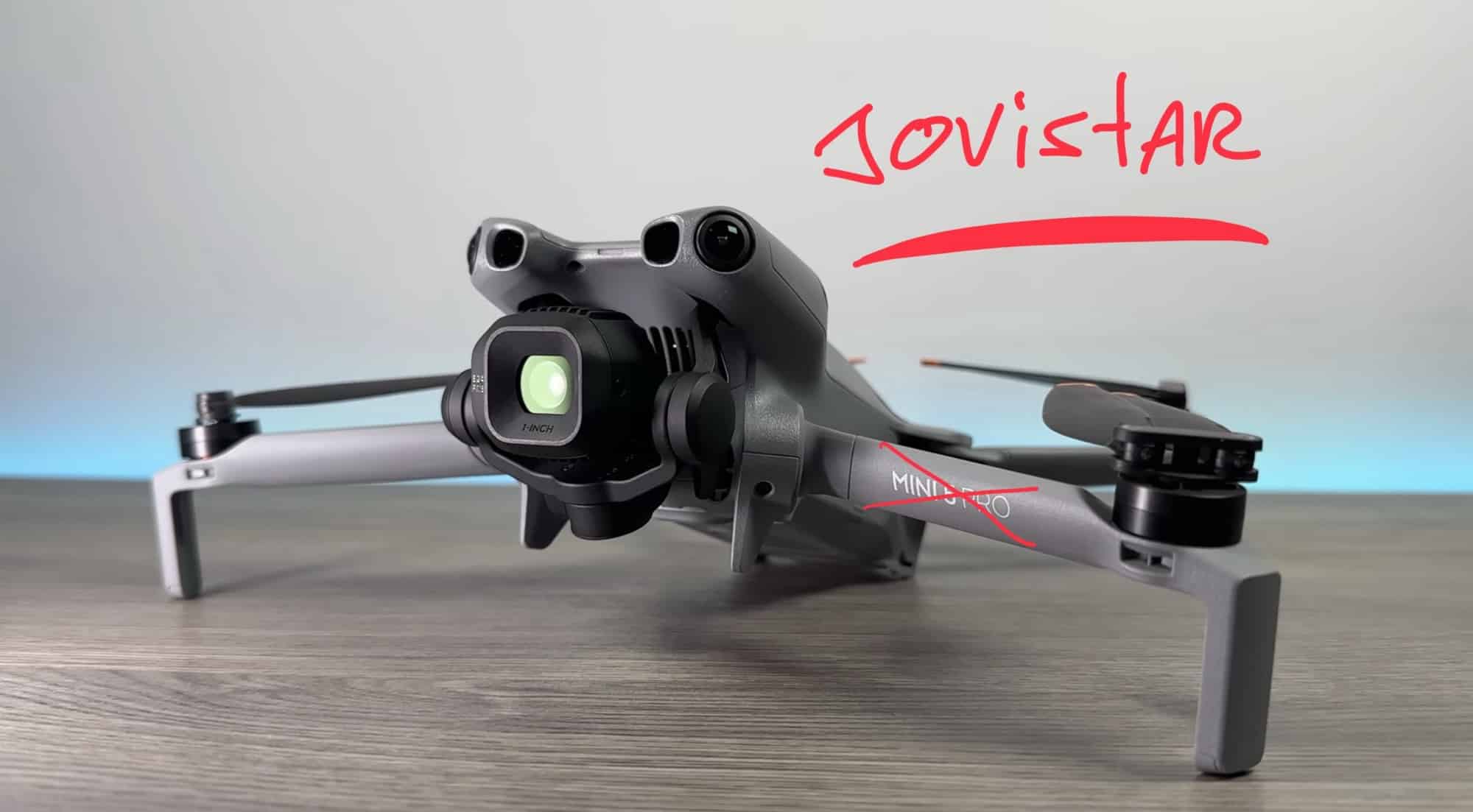
DJI Shell Companies Use Covered List Components
This component parts rule creates immediate problems for DJI’s alternative branding strategy. Security researcher Konrad Iturbe has documented at least nine suspected DJI shell companies submitting FCC applications since March 2024, including Skyany, Skyrover, Cogito, Spatial Hover, Jovistar, Fikaxo, and Lyno Dynamics.
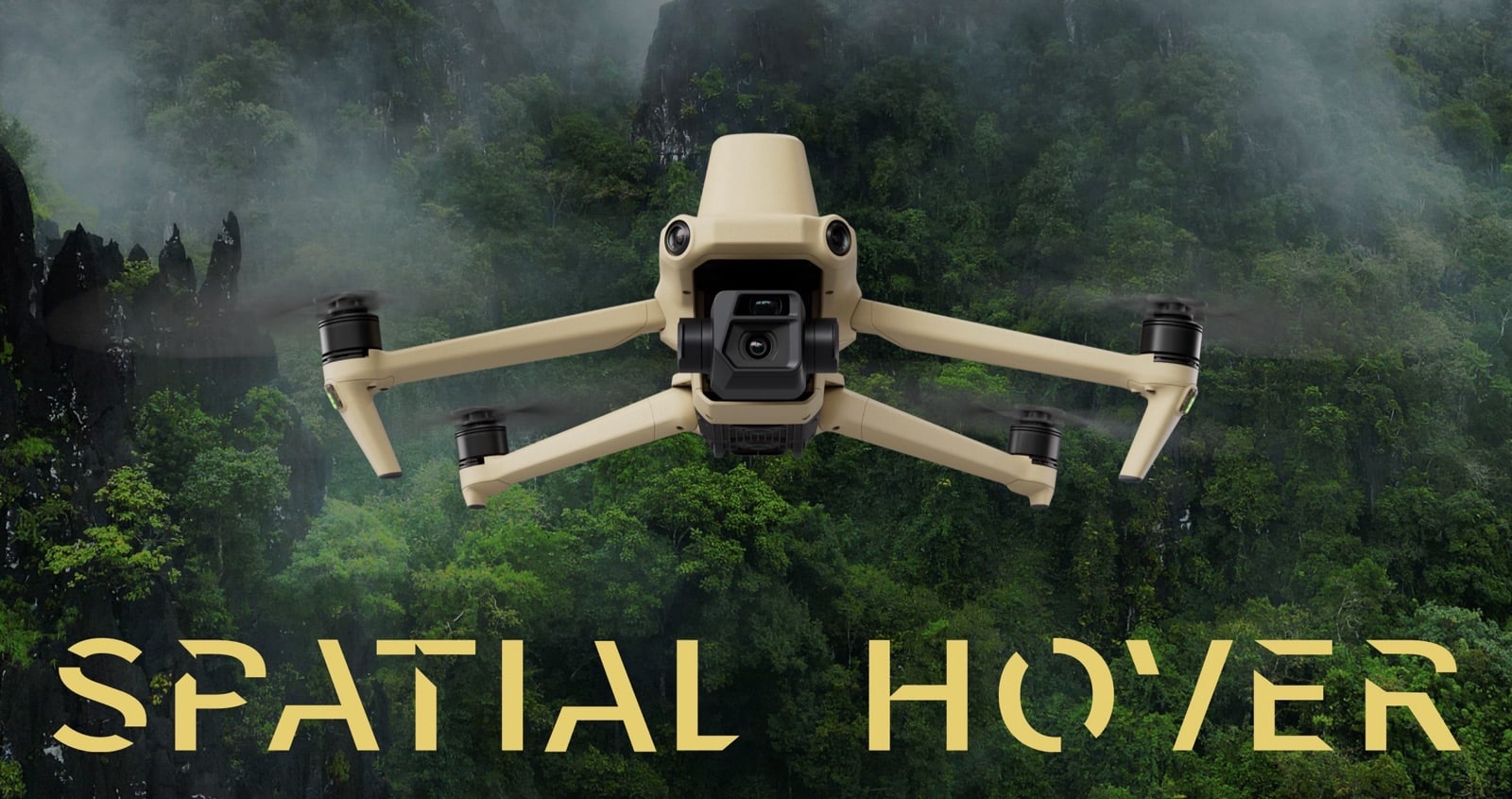
The evidence is damning. FCC filings for these companies contain DJI logos on controller diagrams, identical OcuSync frequency signatures, and battery specifications matching unreleased DJI models. Iturbe built an automated system that scans FCC filings daily for DJI’s proprietary OcuSync frequencies—2.4-2.483GHz, 5.15-5.25GHz, and 5.725-5.85GHz.
The Skyany X1, essentially a rebranded DJI Mini 4 Pro, currently sells on Amazon for $758 with Prime shipping. That availability could end after the October 28 vote if the FCC determines these drones contain prohibited components.
December 23 Deadline Looms for DJI Security Review
DJI faces a separate but related crisis. Section 1709 of the 2025 National Defense Authorization Act mandates that a U.S. national security agency must complete a security review of DJI by December 23, 2025. If no agency finishes the review—and none have confirmed they’re conducting one—DJI automatically joins the FCC’s Covered List.
The clock shows 73 days until that deadline. Once DJI lands on the Covered List, any devices containing DJI components would presumably fall under the new component parts prohibition. Shell companies using DJI controllers, batteries, or communication systems would face the same restrictions as DJI-branded products.
This creates a timing trap. Even if shell companies receive FCC authorizations before December 23, the retroactive revocation power means those authorizations could be pulled after DJI joins the Covered List.
FCC Already Removing Millions of Chinese Electronics
The agency isn’t bluffing about enforcement. Carr told Reuters this week that major U.S. retailers have removed millions of listings for prohibited Chinese electronics following FCC oversight. The removed items include “security cameras and phones from companies like Huawei and ZTE.”
Carr added that companies are “putting new processes in place to prevent future prohibited items” from appearing on their platforms. That enforcement mechanism—retailer compliance driven by FCC pressure—would apply equally to drone shell companies once the new rules take effect.
DJI’s official U.S. store currently shows most models as “sold out.” Inventory has tightened significantly at major retailers including Best Buy, Amazon, Costco, and B&H Photo as the December deadline approaches.
DroneXL’s Take
The FCC vote on October 28 represents a strategic checkmate against DJI’s shell company workaround. We’ve been tracking these alternative brand names for months, watching Skyany, Skyrover, and others flood Amazon with rebranded DJI hardware. The component parts rule exposes the fundamental flaw in that strategy—you can change the name on the box, but you can’t hide the DJI technology inside.
What makes this particularly significant is the timing. DJI faces automatic Covered List addition in 73 days if no security review occurs. The component parts prohibition could effectively kill the shell company strategy 16 days before that deadline even hits. Any device using DJI controllers, communication systems, or other identifiable components would presumably face authorization denial or revocation.
The retroactive enforcement power is equally critical. Unlike the Huawei precedent where existing authorizations remained valid, the FCC is explicitly claiming authority to revoke previously approved equipment in specific cases. Shell companies betting on grandfathered authorizations may find those certifications pulled after DJI joins the Covered List in December.
For drone operators, this accelerates decision-making timelines. If you’re planning DJI purchases for 2025 operations, the October 28 vote matters as much as the December 23 deadline. Shell company drones may not provide the regulatory refuge their manufacturers hoped for.
What do you think? Will DJI’s shell companies survive the FCC’s new component parts scrutiny? Share your thoughts in the comments below.
Discover more from DroneXL.co
Subscribe to get the latest posts sent to your email.
Check out our Classic Line of T-Shirts, Polos, Hoodies and more in our new store today!

MAKE YOUR VOICE HEARD
Proposed legislation threatens your ability to use drones for fun, work, and safety. The Drone Advocacy Alliance is fighting to ensure your voice is heard in these critical policy discussions.Join us and tell your elected officials to protect your right to fly.
Get your Part 107 Certificate
Pass the Part 107 test and take to the skies with the Pilot Institute. We have helped thousands of people become airplane and commercial drone pilots. Our courses are designed by industry experts to help you pass FAA tests and achieve your dreams.

Copyright © DroneXL.co 2026. All rights reserved. The content, images, and intellectual property on this website are protected by copyright law. Reproduction or distribution of any material without prior written permission from DroneXL.co is strictly prohibited. For permissions and inquiries, please contact us first. DroneXL.co is a proud partner of the Drone Advocacy Alliance. Be sure to check out DroneXL's sister site, EVXL.co, for all the latest news on electric vehicles.
FTC: DroneXL.co is an Amazon Associate and uses affiliate links that can generate income from qualifying purchases. We do not sell, share, rent out, or spam your email.




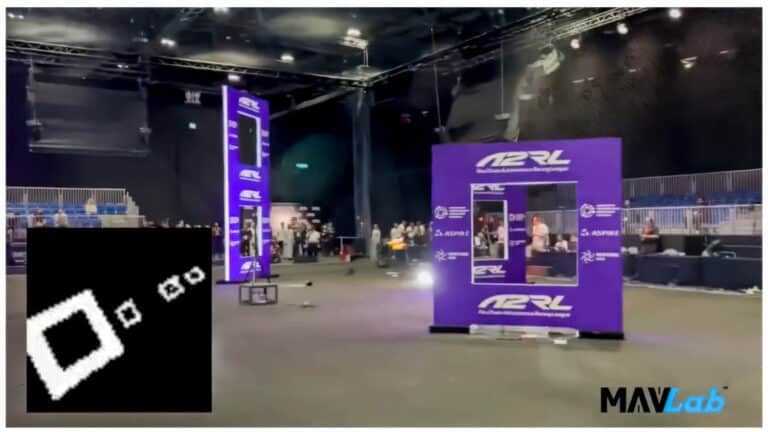
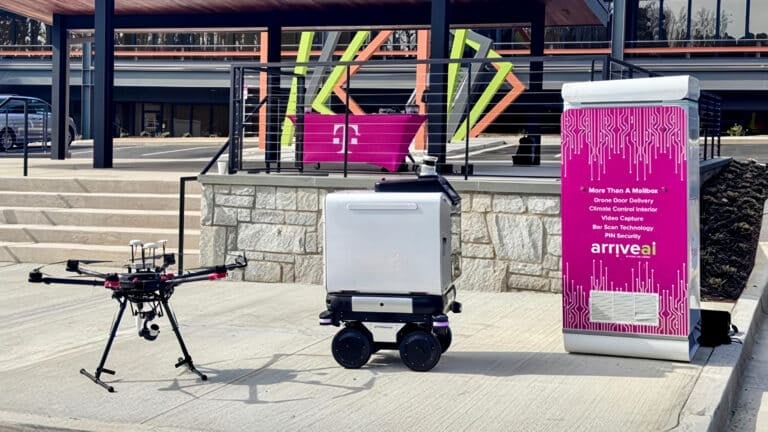
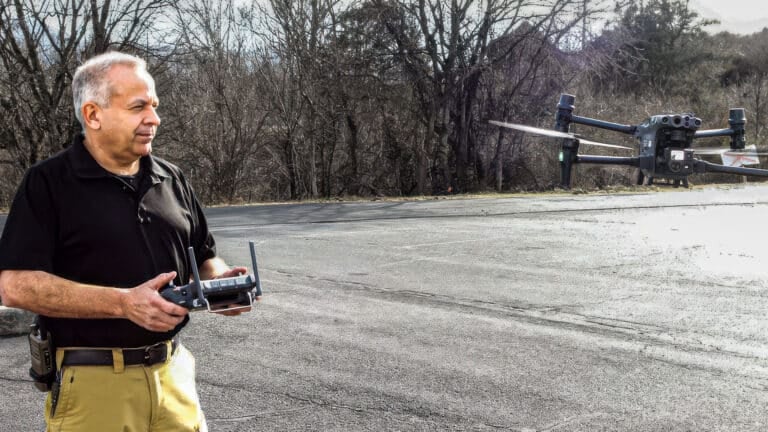
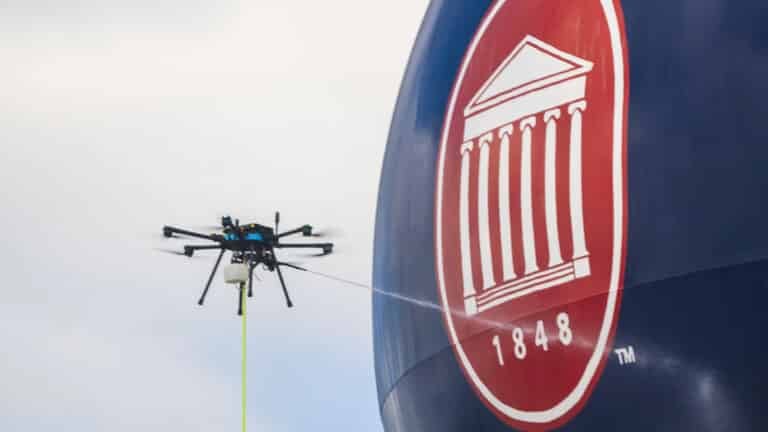
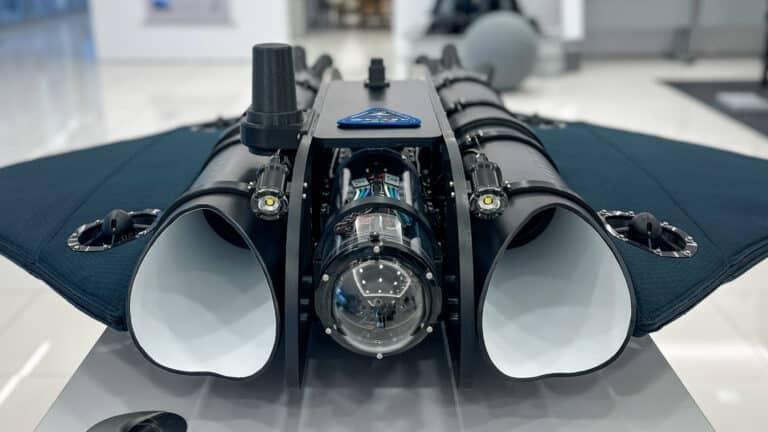
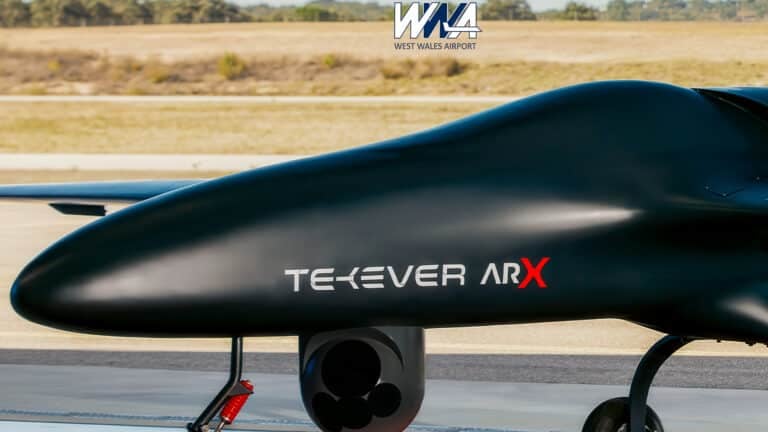
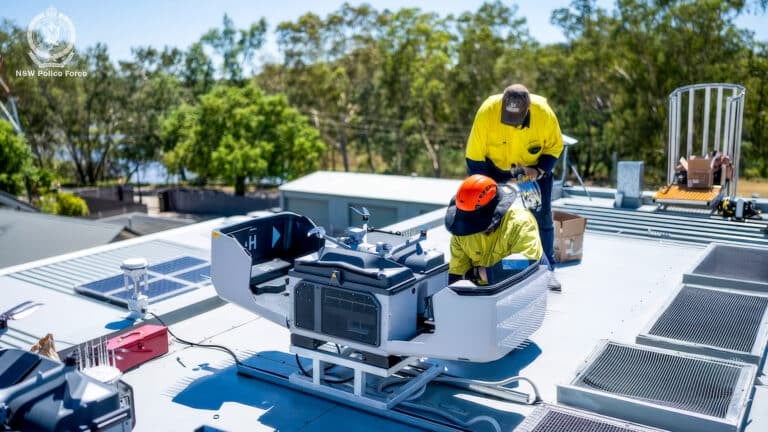

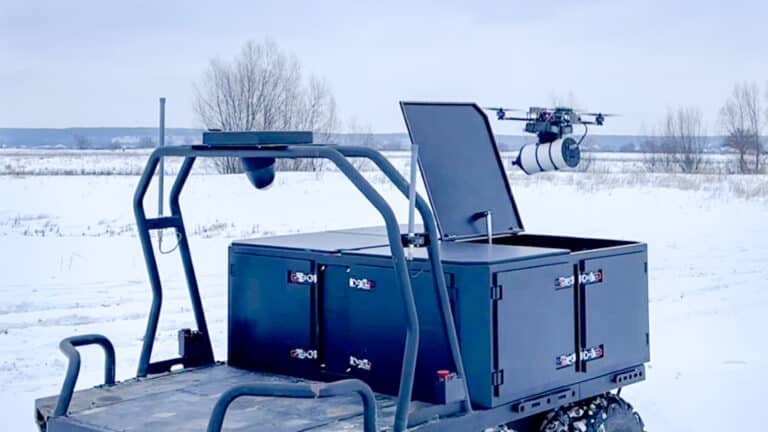

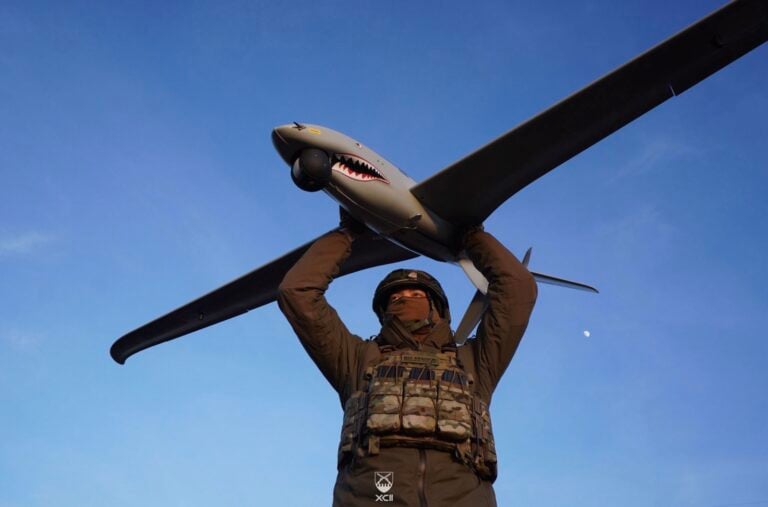

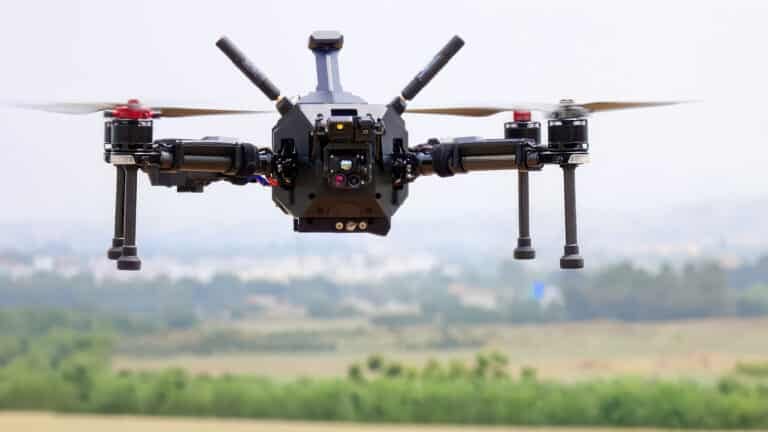
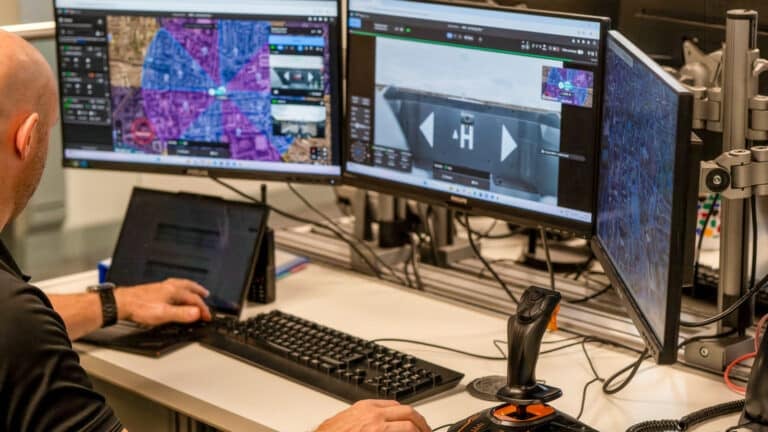
I’m pretty sure DJI (or any company who chooses to) could argue the FCC has overstepped its authority. The Trump regime is not a tight machine. It might be an easy case to win.